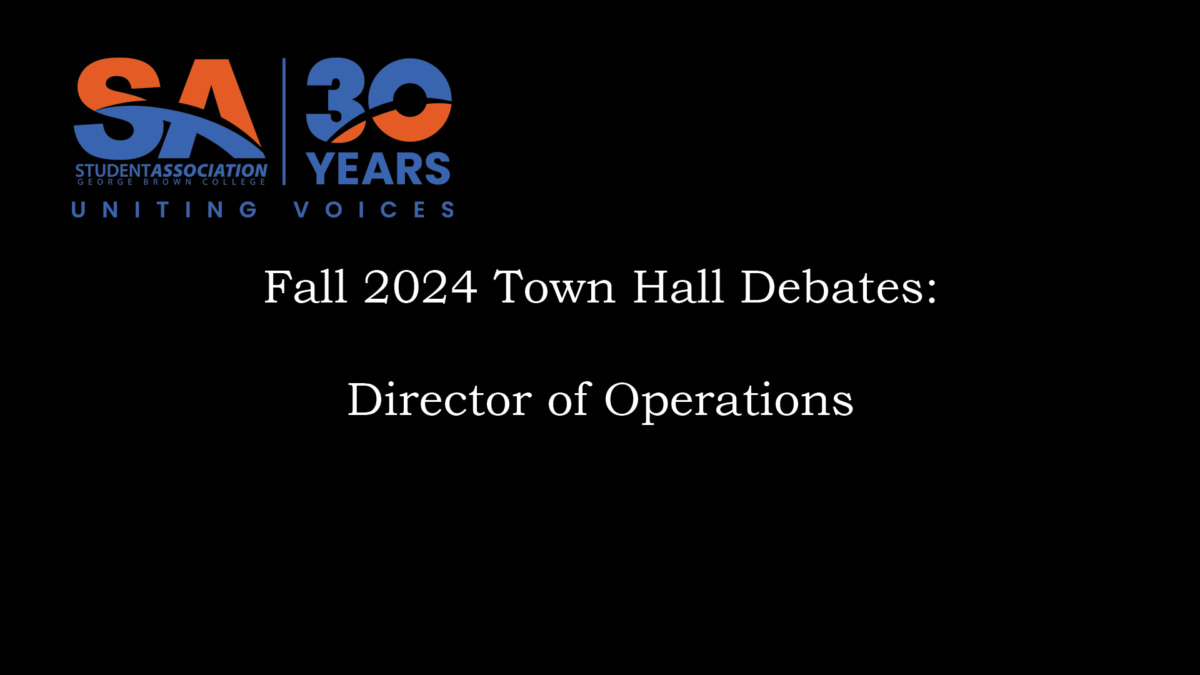Candidates for the director of operations position let students know why they believe they’re well suited for the job.
While candidates can make promises during their campaigns, it’s important for students to know that much of what is promised cannot become a reality.
See our fact checker below to understand what is possible and what’s a false promise.
Fact Checking:
- Jeetu Patel spoke of PRESTO passes or the “U-Pass” but was not very knowledgeable. Firstly this will NOT BE FREE and students will be paying for this pass that gives them unlimited rides on transit. This cost is estimated to be $90 per month, that’s $360 per semester and $720 for students studying September through April, and does not include students studying May through August. In order to get a U-Pass the board of directors must request a referendum where 80 per cent of full-time students must vote yes to wanting this pass. Students should understand that they MUST pay these fees if a pass is implemented, and there is no opting out.
- Students should also understand that this would only work on the TTC, and students who use GO transit and the transit systems of other cities will still be required to pay. For example, students who live in Vaughan must pay their transit fare on their way to campus AND their regular GO transit fare. Only after arriving in Toronto and using TTC would the pass work. Travelling home, students would only be able to travel as far as the GO transit before having to pay full price.
- Jeetu Patel’s campaign posters say lowering tuition expenses, however, this is absolutely false. While the SAGBC can advocate for lower tuition, only the provincial government and college can actually lower the cost. Considering the colleges in the province collectively asked the government earlier this year to allow them to raise tuition costs by five per cent, the chances of them lowering costs is unlikely. During the debate, Mr. Patel said he mistakenly put this on his poster knowing it was not possible, and said he meant that he would bring in scholarships to lower tuition. While this would in essence help students who are paying high fees, not every student would benefit from a scholarship. Mr. Patel failed to note how he would bring in outside partnerships who would provide these scholarships, nor did he say what students would benefit from this. There are tens of thousands of students starting each year, all of whom are paying high fees. If the scholarships are successfully started, this would still only help a very small amount, maybe even as few as one or two students.


